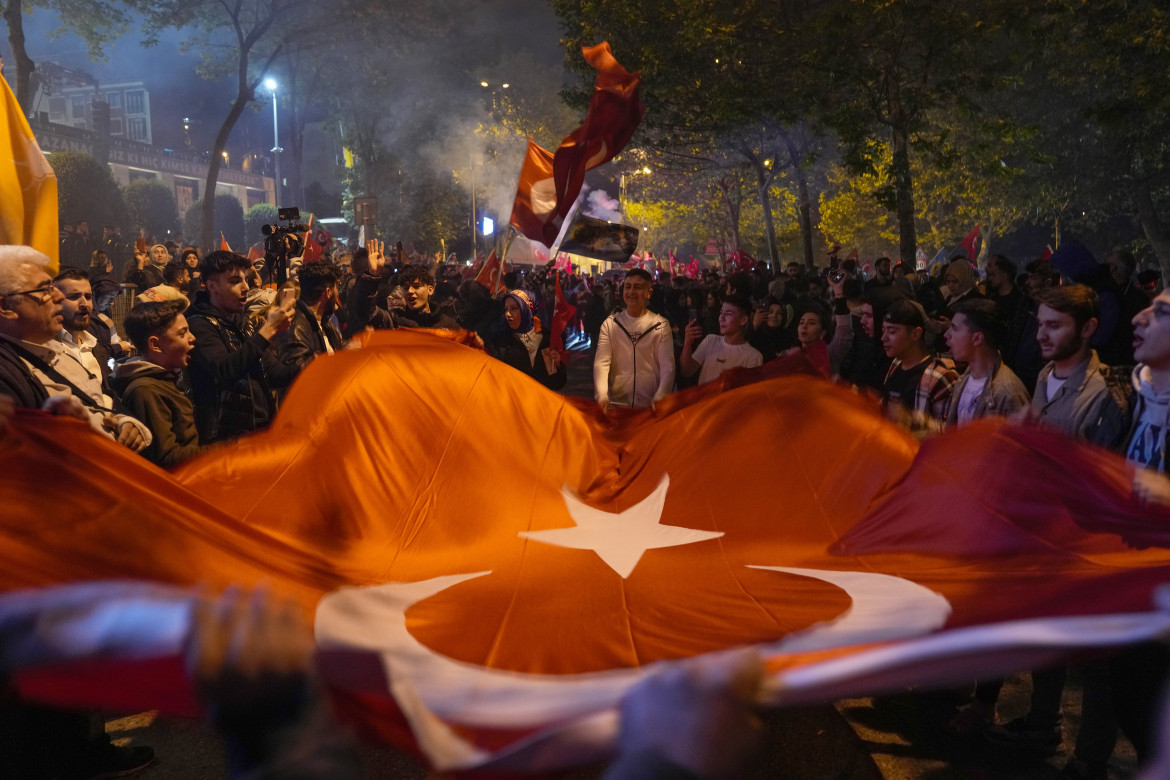Analysis
Turkey is not (just) Gezi Park
The earthquake-ravaged cities did not budge from their traditional support for President Erdogan's Justice and Development Party.

To understand the result of Sunday’s vote, one need only look at the Turkish provinces hit by the February 6 earthquake. Many imagined that the physical and moral wreckage of the AKP government’s trademark building speculation and the culpable delays in the relief effort would make the discontent overflow all the way to the ballot boxes. But that was not the case.
The earthquake-ravaged cities did not budge from their traditional support for President Erdogan’s Justice and Development Party: in Adıyaman it got 66.2 percent, in Maras 71.8 percent and in Kilis 65.6 percent. These numbers were reflected in the other result, that of the parliamentary elections, obscured by the topline of the presidential race. Out of 600 seats, the current governing coalition got 322, an absolute majority.
Whoever will be in the presidential palace in Ankara will govern with a parliament that will be right-wing once again. Therein lies the meaning of these Turkish elections: in the realization that no, Turkey is not Gezi Park. Or, at least, it’s not only Gezi.
The progressive energy glimpsed in the long-earned unity of the opposition forces and in the squares that have been full for so many years at Pride and March 8 events had induced a sense that the dominant majority is not the one that has been represented since 2003 by Recep Tayyip Erdogan.
True, in two decades of almost absolute power – over the media, the economy, the military, bureaucracy, education – the president has not managed to shape Turkey in his own image, or at least not entirely. He has been able, however, to read its other soul, which experienced the discrimination against its religious identity as violence, marginalized by the secularism on which the Kemalist republic was founded.
The electoral map confirms this: a Kurdish-majority southeast, historically politicized by a necessary resistance to assimilation, and a west coast that looks towards Europe, contrasted with a conservative heartland which sees Islam as its primary source of self-definition. Erdogan has done nothing but bring the latter to power, that conservative half of Turkey made up of an important part of the working class (the least unionized) and lower class, with a significant female component – the invisible key element of Erdogan’s success, which sees the feminist mobilization that has been inflaming Istanbul for years as far removed from itself.
Looking at the current condition of Turkish society (mirroring a turn towards religion in the entire region, from North Africa to Israel), Erdogan has managed to close the iron fist: on the one hand, the occupation of every nook and cranny of the state; on the other, the structural suffocation of progressive civil society, purged, imprisoned or forced into exile and deprived of the ability to speak to the country. Instead, Erdogan speaks to it, and he knows its language.
Originally published at https://ilmanifesto.it/la-turchia-non-e-solo-gezi-park on 2023-05-16
